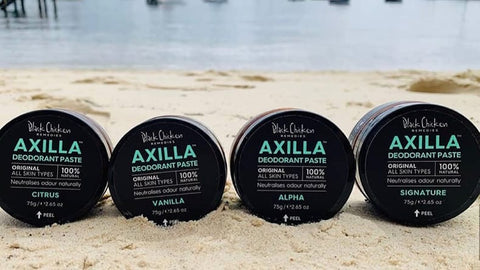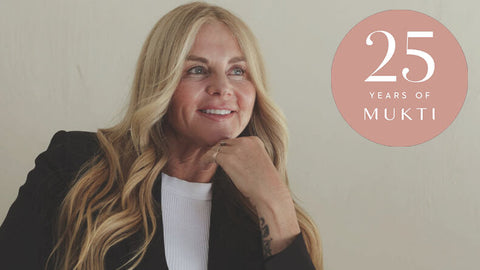Greenwashing Marketing tricks
Using a little organic essential oil is a common trick to justify the word 'organic' on the label. Beauty greenwashers may promote themselves as eco-friendly or green rather than putting resources towards formulating toxin-free, environmentally-sound natural skin care products.
They can do this by simple means, such as putting a picture of a leaf or a green meadow on the bottle, or showing a baby playing on a green lawn on a packet of chemical-packed baby wipes. Or incorporating the word 'organic' or 'natural' into their logo or trademark which means that it is part of the design and doesn't have to be backed up by fact.
Look out for these terms:
● Made with organic essential oils
● Contains organic ingredients
● Paraben Free
● Earth-friendly
● Environmentally safer
Note that none of these claims ensures that the product is a genuinely safe and pure natural skin care product. Annoyed? You should be!
It can be incredibly frustrating to try and make positive changes, only to find that the product you purchased in good faith is actually jam-packed with chemicals.
Here is our quick check guide
1. Look at the ingredients list
Most reputable natural skin care companies will state the percentage of organic ingredients on the label, or indicate which ingredients are organic with an asterix next to each one. Remember that some ingredients, such as water, can't be organic and this should be reflected on the product label.
2. Are the green claims relevant?
A beauty brand may promote the fact that it powers its facilities with renewable energy or donates to a green charity, which are clearly good things to do. However, this doesn't necessarily make the product itself any greener. Again, check the ingredients!
3. Does the packaging back up its claims?
Try to look beyond the natural-looking design of the package. If it states on the package that it is made of recycled glass or plastic, you are on the right track. If it looks as if it could be natural because the box is brown and the paper is rough, don't assume that it is.
4. Check that the benefits outweigh the negatives
Let's face it, nobody's perfect. And doing something good is better than doing nothing, right? Right. However, if a company uses organic aloe vera but packs the product with chemicals as well, the benefits don't outweigh the costs. You guessed it - ditch it!



